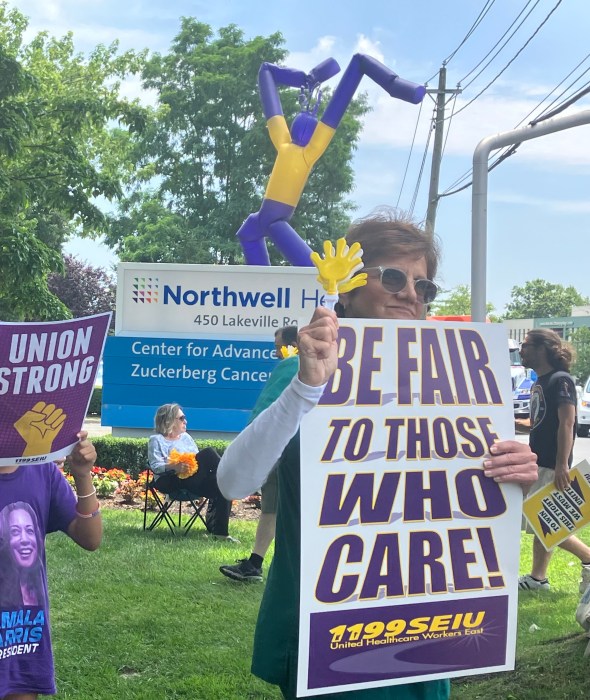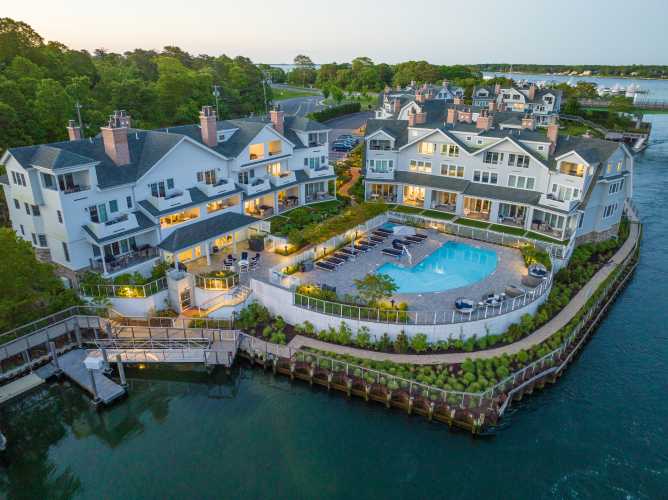Suffolk County’s public defenders will get some much-needed help after New York State settled a class action lawsuit claiming that the current system violates poor criminal defendants’ rights to free, capable lawyers.
The deal requires that the state spend $4 million to hire more public defenders, set caseload standards for those lawyers to ensure they aren’t overworked and that every poor defendant has a lawyer at their initial court appearance, among other stipulations. Public defenders on Long Island and beyond are widely assigned hundreds of cases annually, more than time allows for them to give each of their clients proper representation.
“Today’s settlement is a victory for equal justice more than 50 years in the making,” said Donna Lieberman, executive director of the New York Civil Liberties Union, to reporters during a conference call Tuesday. Lieberman was referring to the landmark 1963 U.S. Supreme Court ruling declaring public defense for the poor an “obvious truth” under the Sixth Amendment, which guarantees the right to legal representation. The settlement is designed to be a first step to reforming the public defender system statewide.
The deal was also struck with four upstate counties—Ontario, Syracuse, Schuyler and Washington—that were named as defendants in the suit, which was settled after seven years as it was just about to go to trial. Outgoing U.S. Attorney General Eric Holder had publicly supported the suit before he announced his intention to resign. And in 2007, a state-appointed commission had also found “a crisis in the delivery of defense services to the indigent throughout New York State.”
Perpetuating the problem is the system the state created a half century ago in response to the Supreme Court’s ruling. State lawmakers passed off responsibility of the public defender systems to the counties, which largely left the agencies understaffed and overworked. The result was countless poor criminal defendants being forced to take plea bargains because their public defenders were ill equipped to investigate their clients’ cases properly—often resulting in lengthy sentences behind bars for minor offenses.
The agreement in the suit, Hurrell-Harring v. New York, which will last 7½ years and is subject to court approval, also mandates the creation of eligibility standards for public defender representation—ensuring such services are made more widely available. It also requires more resources be given to the Office of Indigent Legal Services, a state agency that oversees public defense services.
“Today’s agreement is a positive step for New York’s judicial system that addresses longstanding inequities and ensures fulfillment of the constitutional promise of criminal defense counsel for those who cannot afford it,” said Gov. Andrew Cuomo in a statement. “This was a problem that our administration inherited from years past, and I am proud that we have been able to reach a resolution that results in a fairer, more humane justice system.”
Attorneys for the plaintiffs said the case should serve as a model to the rest of the nation, where some other regions have been grappling with the same problem.
“A criminal justice system can’t produce just results if defense lawyers can’t do their jobs,” said Gary Stein, a former federal prosecutor who is a partner in Manhattan-based firm of Schulte Roth & Zabel, which offered pro bono services in the lawsuit, during the press conference call. “The scales of justice won’t be in balance.”



































